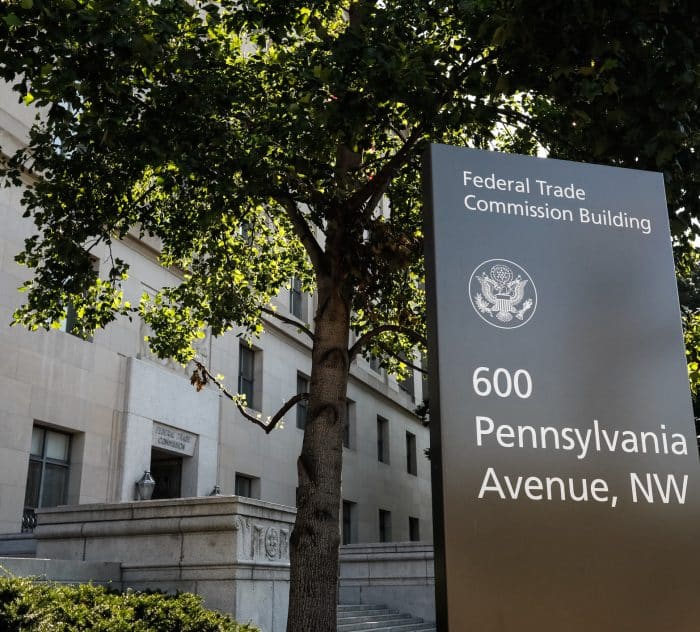As you are no doubt aware, Election Day is only about three weeks away. As you have no doubt also heard, the country is deeply divided over many issues that are “hot button” topics in the plethora of political ads now dominating the radio and televisions of your employees. Employers need to be careful in how they deal with employee political discussion in the workplace, since those discussions can create significant legal risk under both the laws enforced by the Equal Employment Opportunity Commission and the National Labor Relations Act.
Many people are quite passionate about the social issues that are dominant themes in today’s political discourse. Think about abortion and reproductive rights, transgender issues and immigration. Each of these topics has a connection to protected characteristics under Title VII of the Civil Rights Act of 1964—gender, gender identity and national origin. If you allow employees to engage in heated arguments about these social issues, one or the other might feel that they are being harassed based on their own protected characteristics. The best practice on this front is to encourage employees to avoid discussion of these topics at work, and to encourage an atmosphere where everyone feels respected, regardless of their views on these topics.
However, employers should be wary of any outright ban on discussion of political issues. The National Labor Relations Act, which applies to both unionized and non-unionized workplaces, prohibits an employer from banning employee communications which are “concerted activity” for mutual aid and protection. Generally speaking, concerted activity typically means that employees are talking, protesting or otherwise taking action to improve the terms and conditions of their work. Therefore, if employees are discussing a political position or policy being advocated by a candidate and it relates somehow to their work, it may be concerted activity, which would be protected and the employer would be prohibited from taking adverse action against the employees who participated. These prohibitions would also apply to social media posts by employees.
These are tricky issues to navigate. Prudent employers should stop and carefully analyze the risks and rewards before taking action when employees passionately bring their politics to work. The lawyers in the Employment Group at Poyner Spruill can help you analyze these issues.



